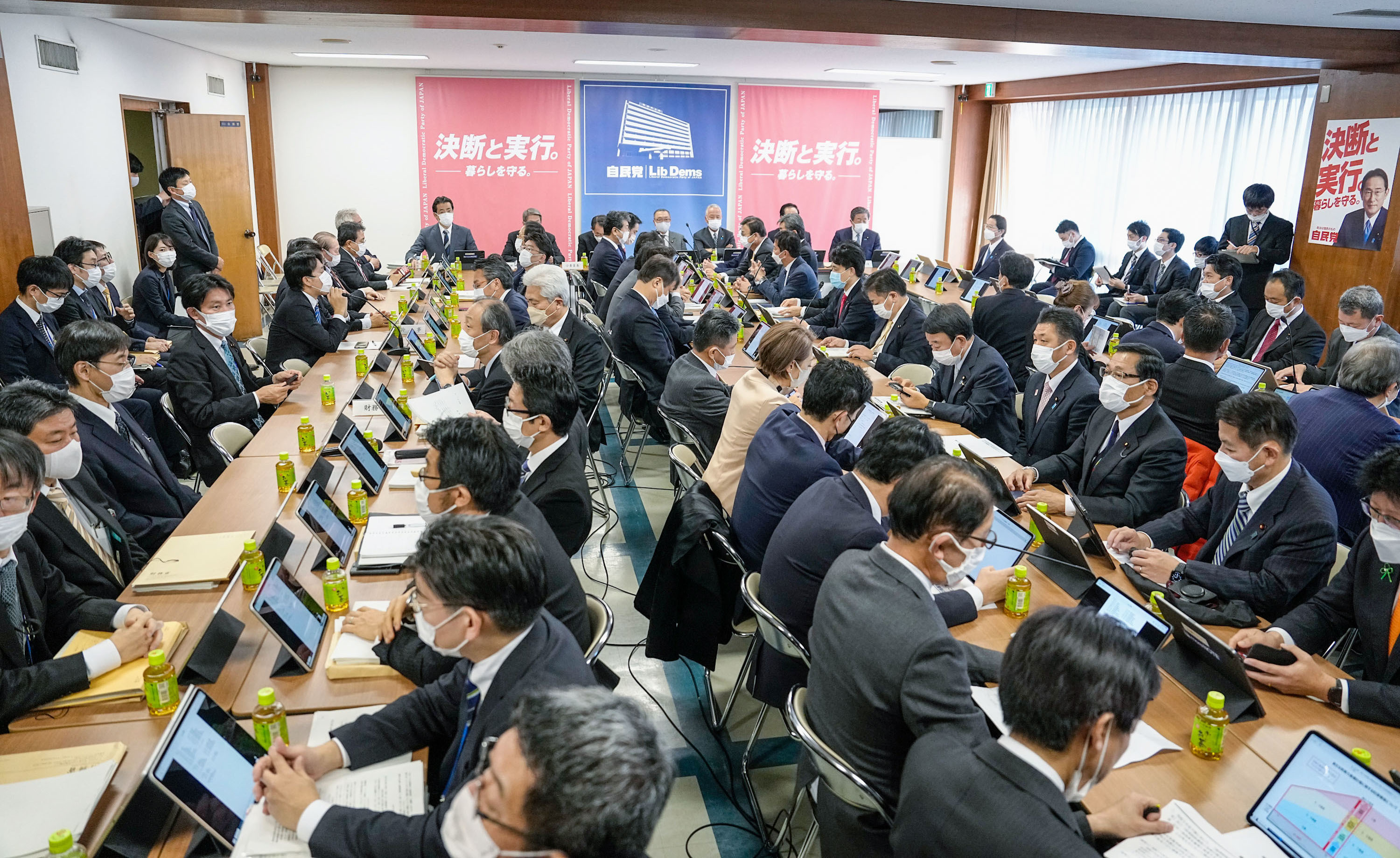At the June 19 news conference following the close of the regular session of the National Diet, Prime Minister Shinzo Abe offered an apology for allowing Diet deliberation to focus on issues unrelated to policy. Executive director and senior fellow Sota Kato examines the significance of the prime minister’s remarks on the eve of the Tokyo Metropolitan Assembly elections on July 2 and the methods he may use to win back voters’ trust.
* * *

——What motives do you see behind Prime Minister Abe’s apology at the news conference? Was he truly expressing remorse over the scandals involving educational institutions or was he more interested minimizing damage ahead of a key local election?
SOTA KATO: He no doubt had the upcoming Tokyo elections in mind. After all, he didn’t apologize over his alleged involvement in the Kake Gakuen scandal per se but for inconsistencies in the government’s response following criticism from the opposition parties and the media and also for allowing Diet deliberations to deteriorate into a partisan feud, rather than devoting time to constructive policy debate. In other words, he’s blaming the opposition for playing political football with the issue.
He also emphasized the need to push forward with structural reform by breaking through Japan’s “bedrock regulations.” This can be seen as an attempt to legitimatize his response to the Kake Gakuen case. The tone of his apology was confident, rather than being contrite.
Even though the Abe cabinet’s approval rating has declined, those for Japan’s major political parties have remained fairly steady at the national level, with the main opposition Democratic Party being unable to pick up any significant support. The Liberal Democratic Party, though, faces a considerable challenge in the upcoming Tokyo Metropolitan Assembly elections from Tomin First no Kai (Tokyoites First), led by Governor Yuriko Koike, and the LDP could lose quite a few seats. The prime minister may be worried that a big loss in Tokyo could further erode public approval and threaten the sustainability of his administration. The June 19 news conference can be seen a tactical move to preempt such a possibility.
A Snap Election?
——What can the prime minister do to regain public support?
KATO: There are no viable alternatives to the LDP at the moment on the national level—no party through which voters can lodge their protest. Memories of hapless Democratic Party of Japan administrations between 2009 and 2012 are still fresh in the public’s mind, so the prime minister still has time. He will reshuffle his cabinet, naming young, fresh faces in an attempt to shore up the administration’s popularity as well as legislators from LDP factions that have long waited to place members in the cabinet in order to maintain intraparty support.
The prime minister has been wont to focus on the economy every time his ratings sagged, so, going forward, he’s likely to highlight his recently announced economic growth strategy, perhaps augmenting it with supplementary measures.
Should the Kake Gakuen affair drag on, the prime minister could pull off a surprise move and dissolve the Diet. Even though Abe’s approval ratings are in decline, the opposition’s numbers are even less sanguine; a snap election could catch many parties off guard, before they can field competitive candidates. Under the existing electoral system and with the opposition in disarray, it would not be too high a hurdle—even with Abe’s current approval ratings—for the LDP to emerge victorious and to claim to have won back the public’s trust.
At the moment, Abe remains unchallenged, either from the opposition or from rivals within his own party. He believes that if the opposition is unable to capitalize on the public discontent over the Abe cabinet and LDP, the outcry over the Kake Gakuen incident will eventually fade, and this is the reason that he chose to abruptly bring the Diet session to a close. The fate of his administration will hinge on whether or not a sizable opposition emerges, perhaps in the form of Tomin First in a national-level incarnation.




